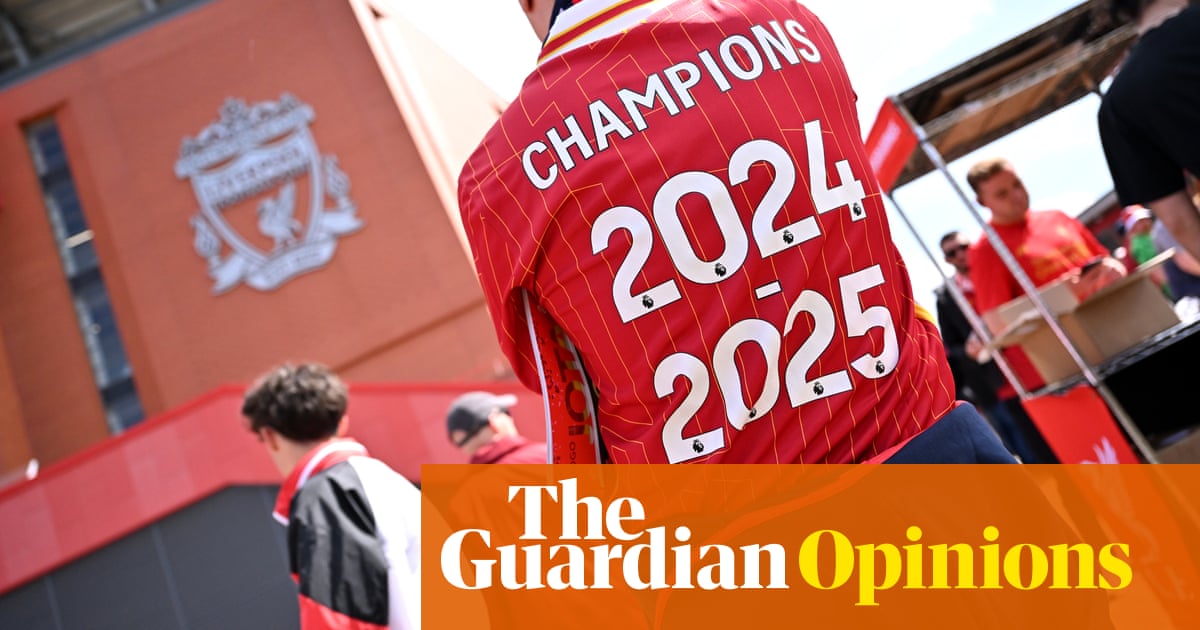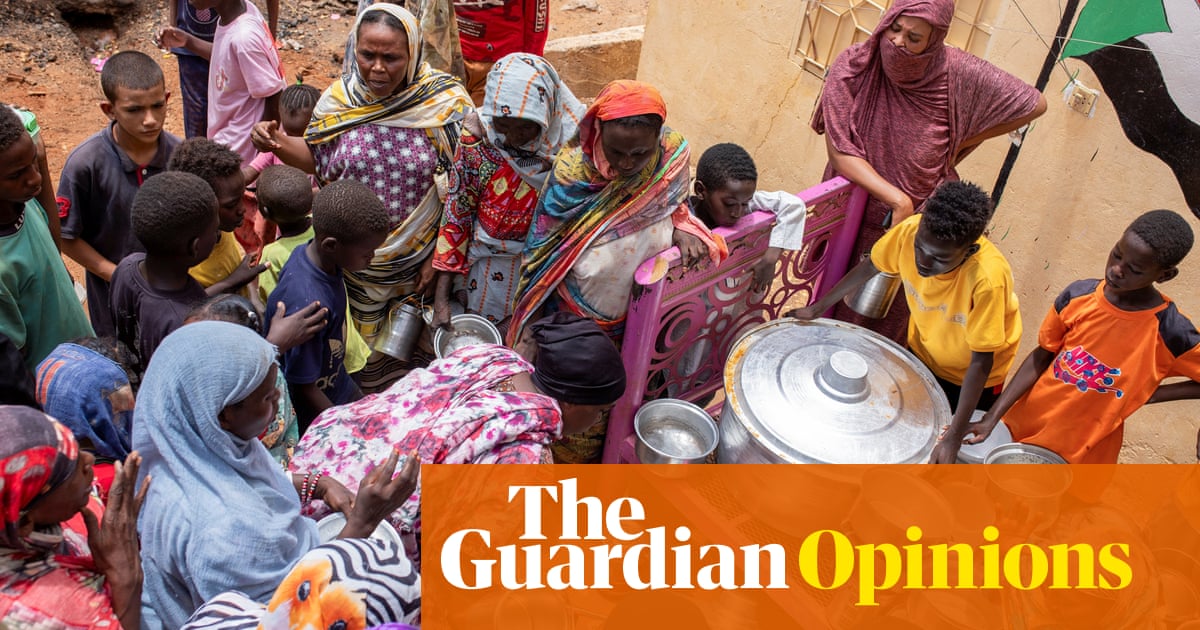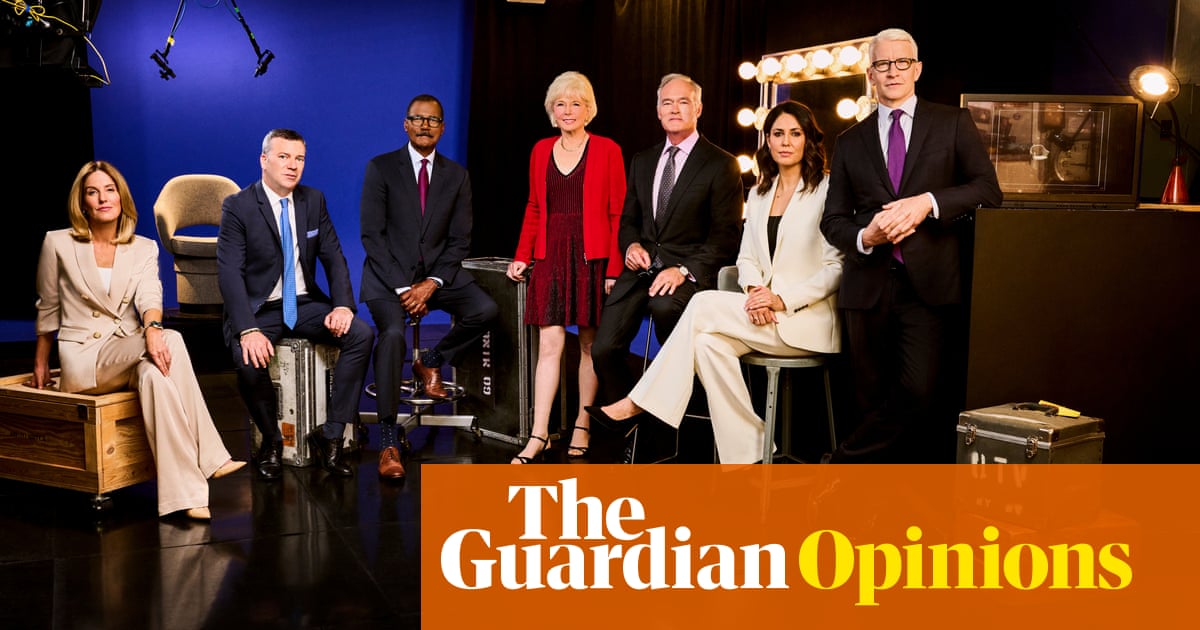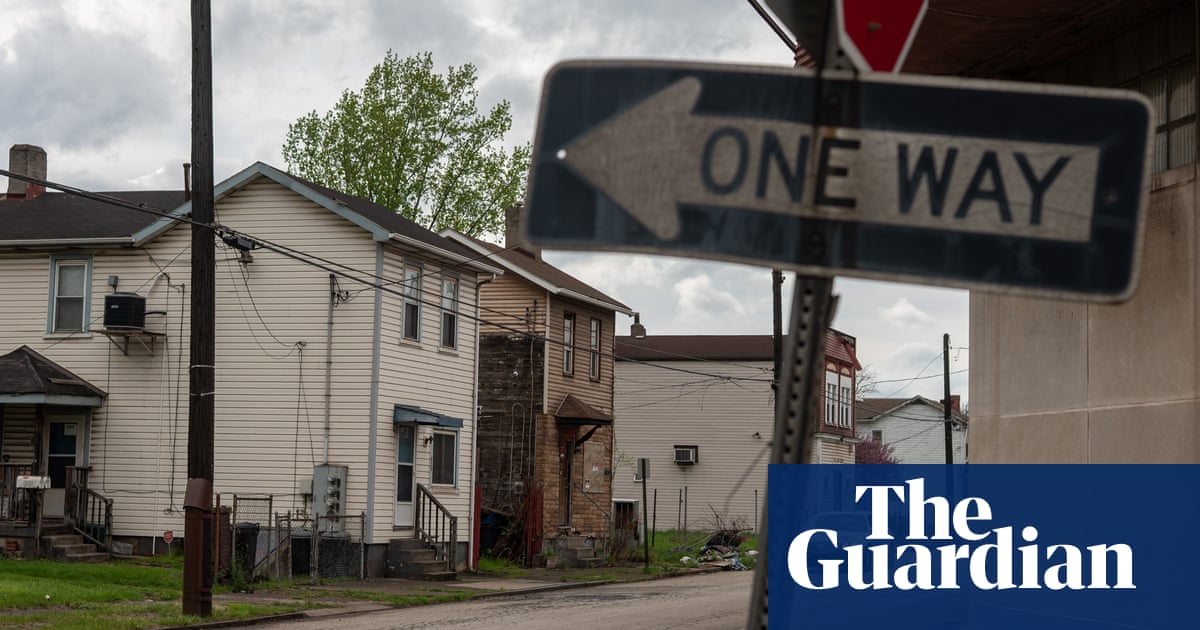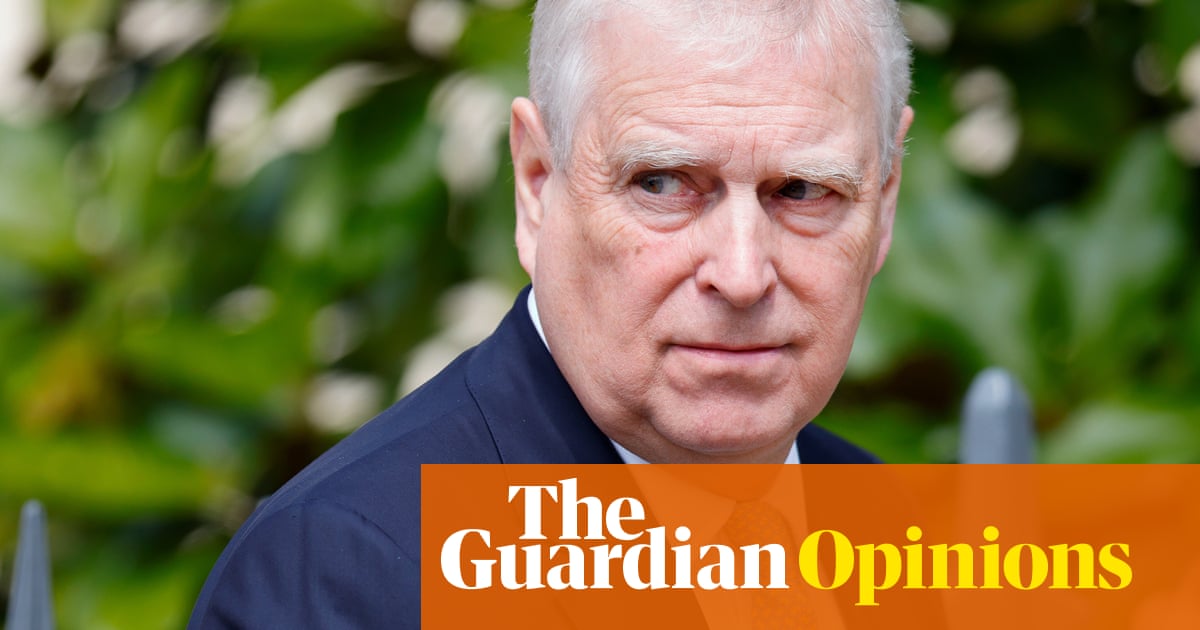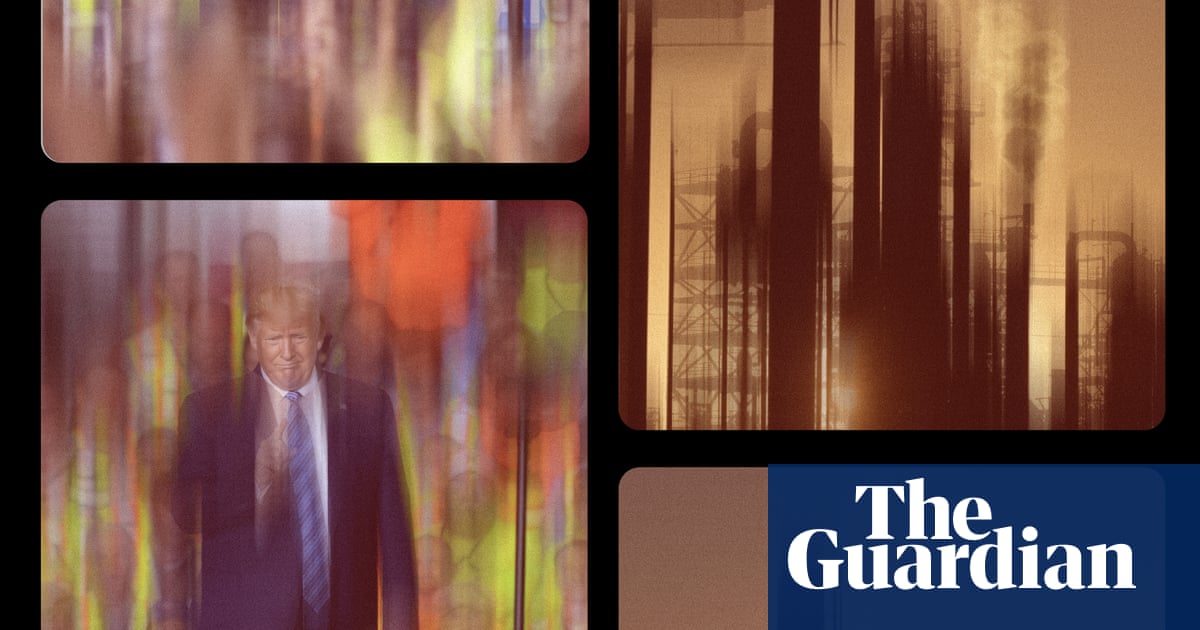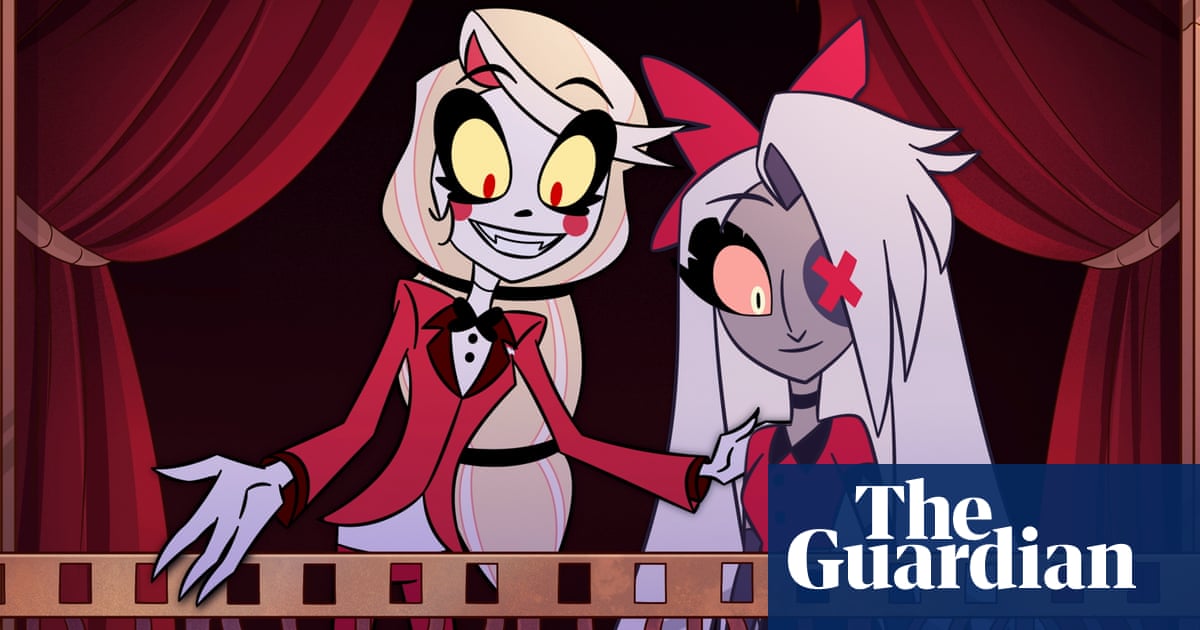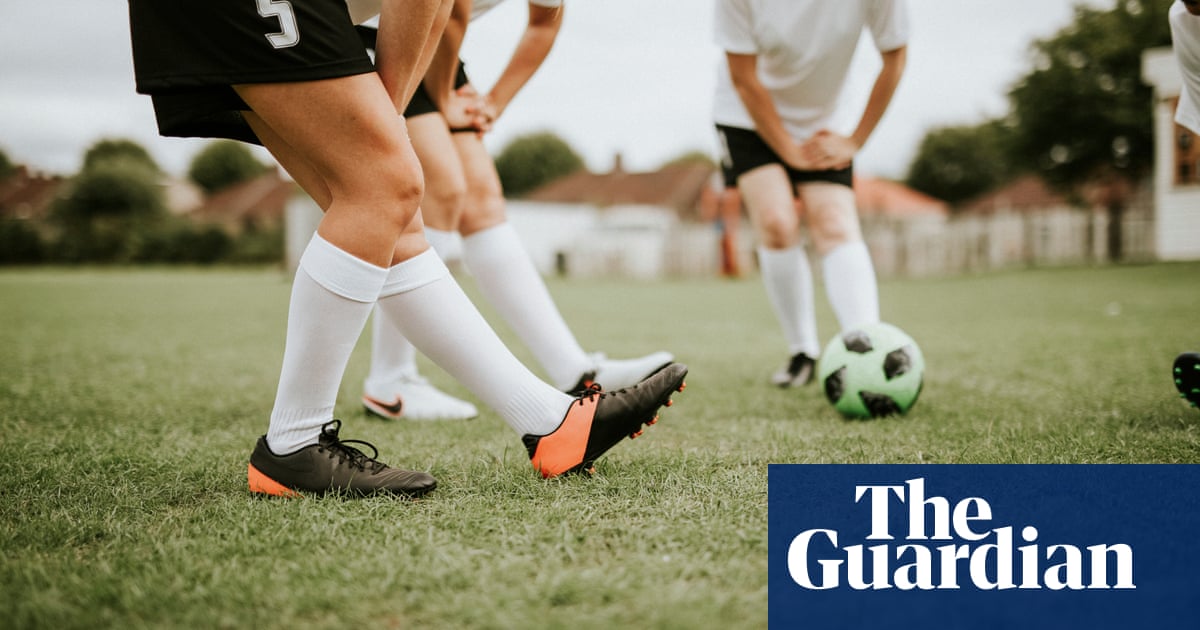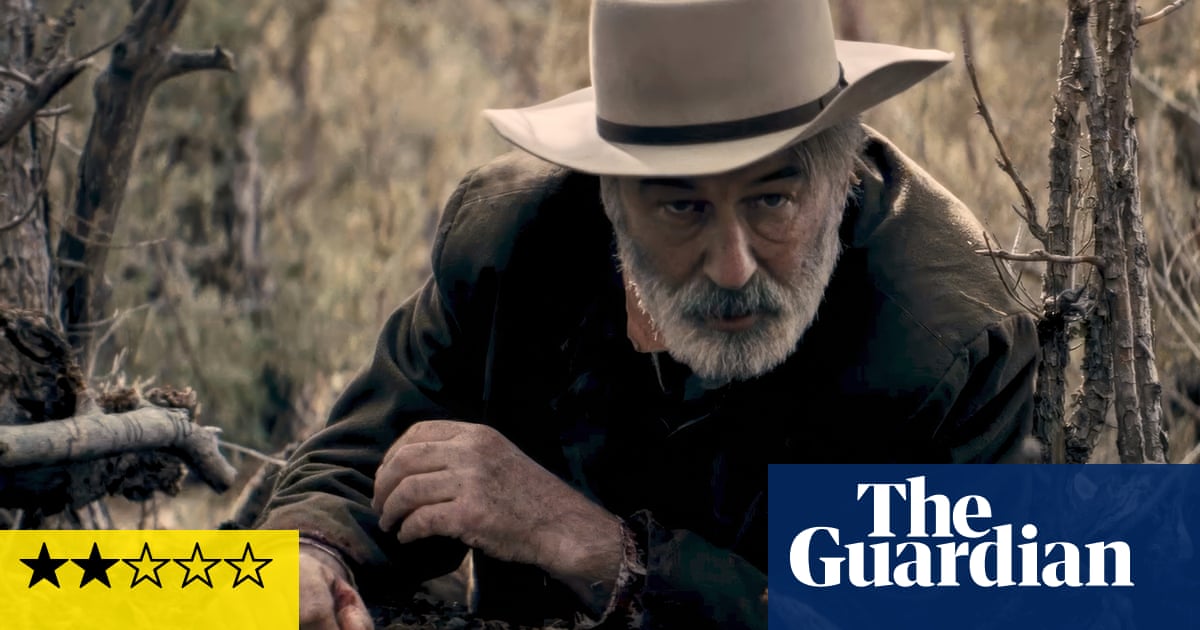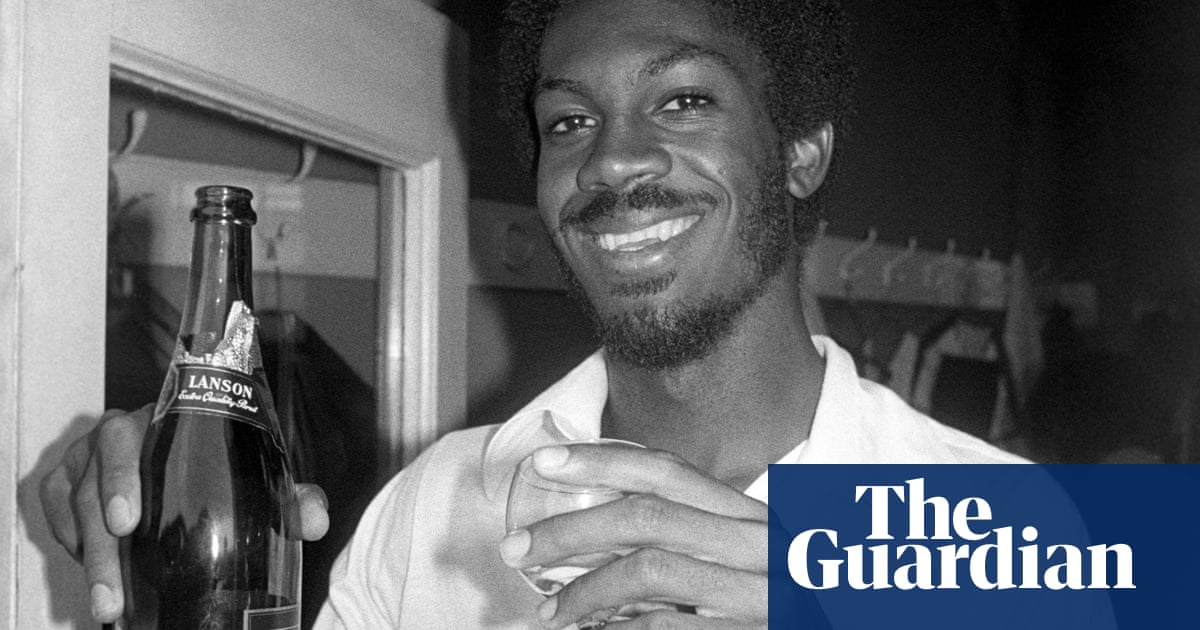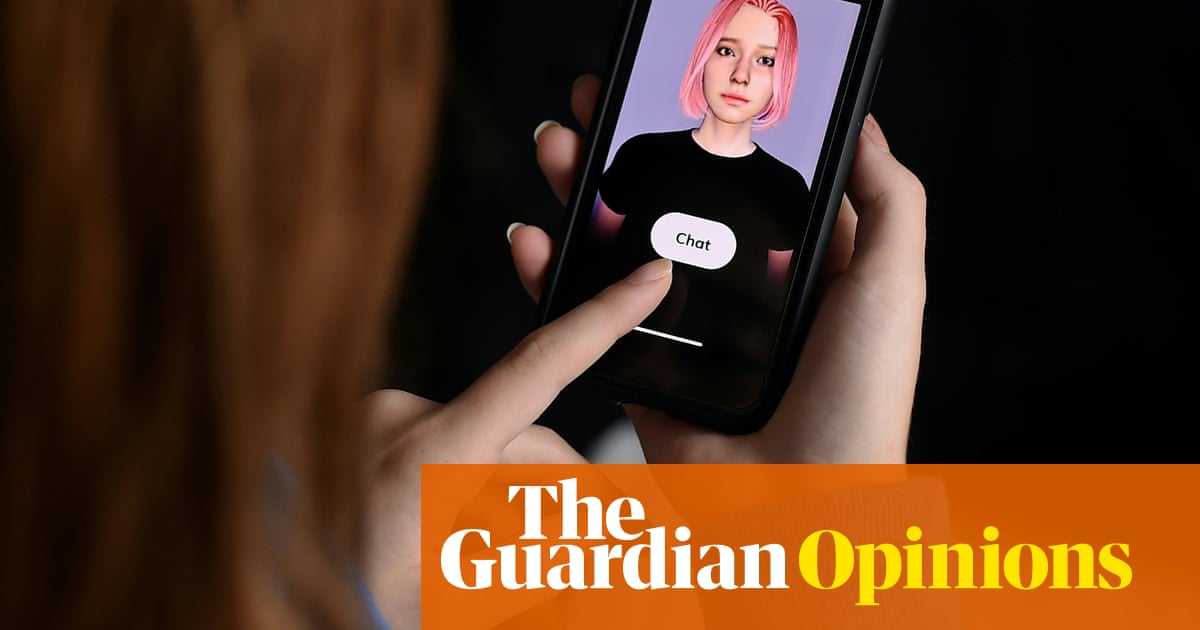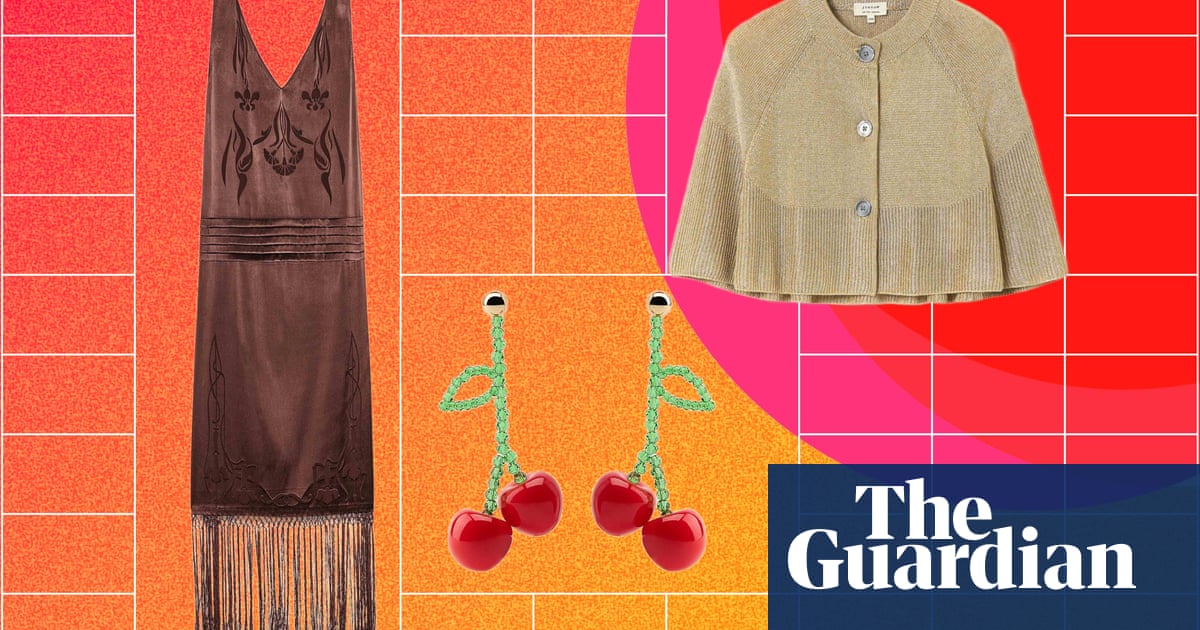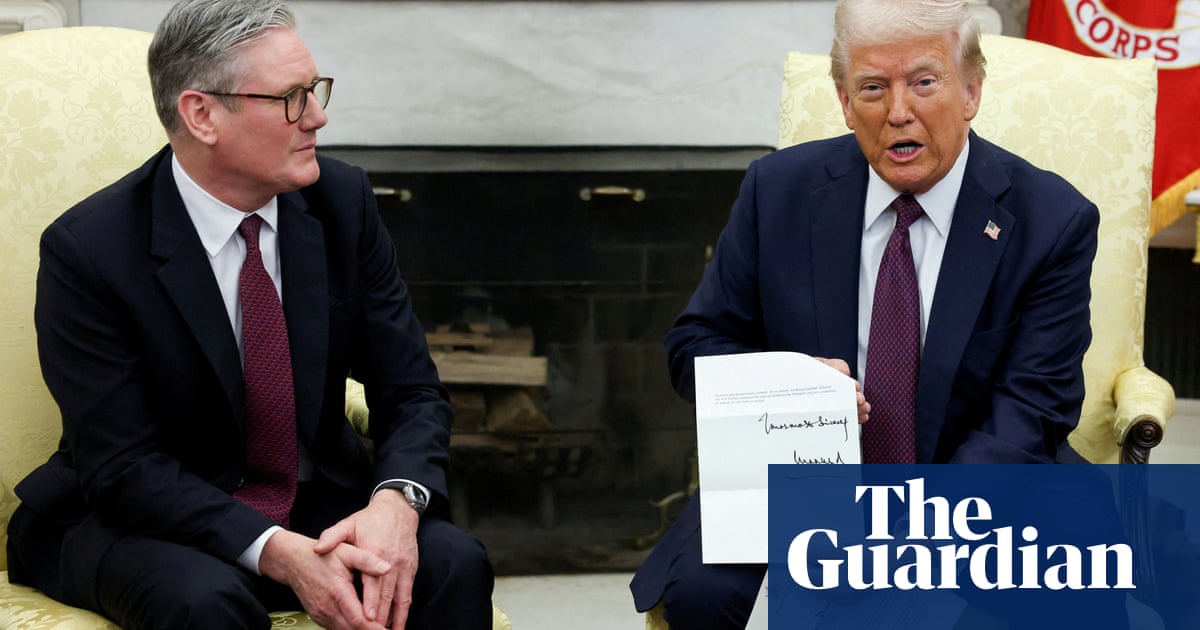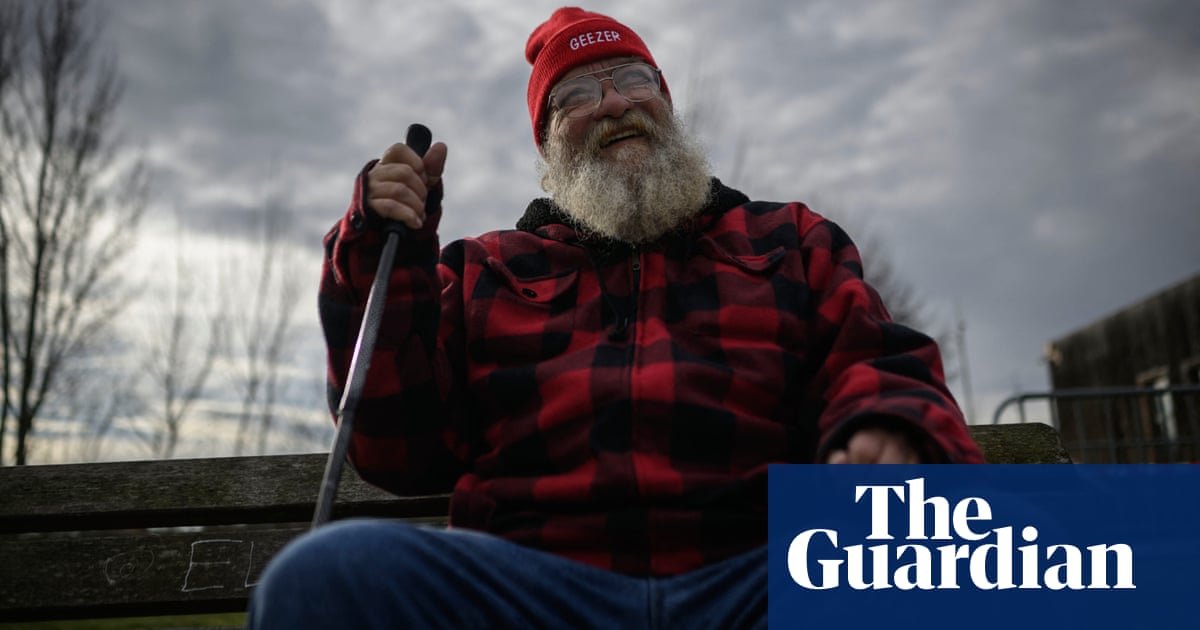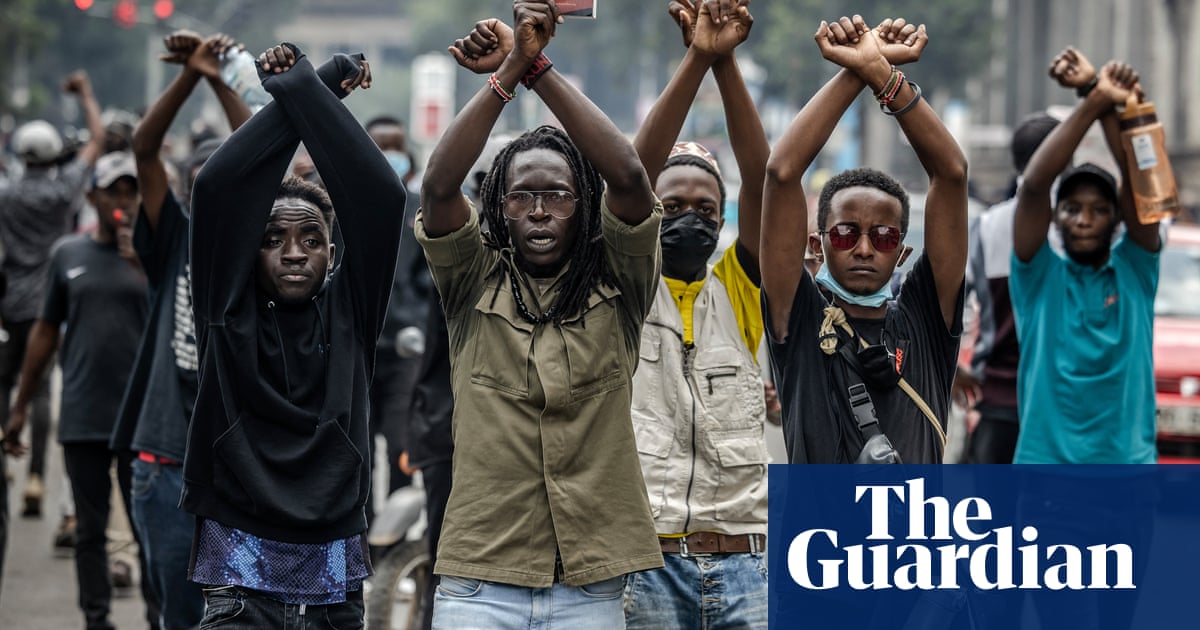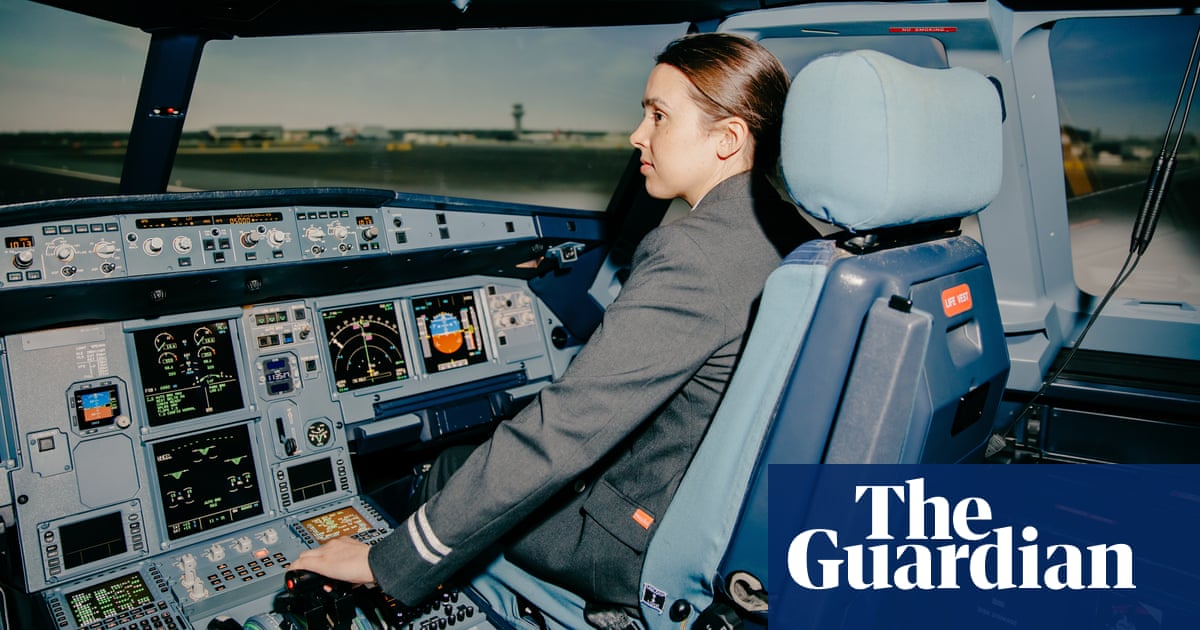Iñaki Williams, the fastest footballer in town, is accelerating again. The more the images come, the quicker he goes, flying through faces, flashbacks and feelings, everything they did and can still do. “It’s madness,” he says, eyes sparkling, the words chasing each other out, emotion building. And then the Athletic Bilbao winger pauses and laughs. “The other day they came to do tests. The cardiologist started to talk about it. He says: ‘That was wonderful; wow, the gabarra …’ And just him mentioning it, on the screen you saw my heart beating faster.”
The gabarra is a barge. Only that’s not all: there is something almost mythical about it, like a legend passed through generations. In an expression of Athletic’s identity, another idiosyncrasy of a unique club, the club’s trophies are celebrated by pulling the gabarra up the Nervión river with the players on board, or so they had been endlessly told, black and white pictures adorning the walls of seemingly every bar. Then, last April, they finally saw it for themselves, Williams leading them on board holding the Copa del Rey. It was the first time in 40 years. More than a million fans lined the river to see it: there were more people with them in Bilbao than live there.

“I couldn’t describe what I felt,” Williams says. “It was a gorgeous day, like destiny had written it. I was holding the cup. ‘Bloody hell, lads, look what we’ve gone and done.’ Kids, old people, mothers, fathers. Everyone in red and white, crying. Every face was happiness. I’ve never felt anything like it. I think of the generations who fought to experience that, and we did. To be in that team, to lift the cup 40 years later is incredible. And now we’re at the gates of a European final.”
And in their own home too, the stadium known as the Cathedral. It would be their third European final. Win and it would be their first continental success. In 2012 Athletic defeated Thursday’s semi-final first-leg opponents Manchester United, Old Trafford witnessing one of their great performances, but that was a work of art left incomplete when they lost the final to Atlético Madrid. In 1977 Juventus beat them. Only one player remains from that night in Manchester: the captain, Óscar de Marcos, in his final season before retiring. Williams’s lifelong friend Iker Muniain, who lifted the cup before departing for Argentina, played too. Williams, 18 then, watched from the stands; this summer, aged 30, he will have the armband passed to him.
“When Óscar decided to continue we told him: ‘Something big’s going to happen. Last year you were doubting whether to stay and we won the cup. You stay again, we get back into Europe, the final is at San Mames … God willing the stars align,” Williams says. “I don’t know how many times I’ve asked Óscar about that game. Iker too. They guided us. Hopefully we can do what they did. It won’t be easy: Man U are a great team. But we feel good, we’re confident.”
And then probably the greatest game in their 127-year history. No pressure, then. A final in your own ground isn’t always an advantage; the opportunity can become obligation, fear never far away. “Like an exam your parents say you can’t fail,” as Williams puts it. But Athletic were superb last season, are fourth now, set to return to the Champions League for the second time this century, and another barrier was broken when they beat Mallorca on penalties last April.
“We had played three Copa del Rey finals, against Barcelona [in 2021 and 2015] and Real Sociedad [in the 2020 final, played in 2021]. And then it was Mallorca and we thought: ‘If this one escapes us, maybe the opportunity never comes back.

“Afterwards, you felt the relief. My mum said even they left exhausted, empty. They’d lived with so much tension that they were broken, didn’t even have the strength left to celebrate. But you know what? When you’ve won, that weight is taken from you. We’re ready to do it again. The young players have personality, there’s belief. In previous years, maybe we could have reached the semi-final and been scared but not this year.”
That Athletic are anywhere near this is some kind of miracle. They famously have a policy of only fielding footballers born or raised in the Basque Country, their talent pool less than 8% of Spain’s population. “In modern football, where there’s so much money and clubs buy players from anywhere, it’s not easy to have our ‘limitations’, but competing with people you’ve known since you were 11, shared a dream with, is what makes us special, means Athletic have never been relegated,” Williams says. “The fans could be where we are, we could be where they are. It’s feeling, culture, belonging. For the people and for us, Athletic is a religion. When times are tough, everyone pulls together. If you have to run into a brick wall, you do. You’re playing with friends, brothers …”
For Williams brother is literal – although Iñaki was as much a father to his teammate Nico as a sibling. Even playing for Ghana, honouring his grandfather’s wish, was in part a sacrifice, about freeing his brother to play for Spain.
Williams’s godfather, a priest called Iñaki who took in Williams’s parents, Felix and Maria, after they arrived from Ghana having crossed the Sahara, took him to his first game at three or four. He grew up admiring Carlos Gurpegui, Samuel Eto’o too. Now he’s the footballer they look up to. The man who played 251 consecutive games, every match for six seasons; who played two years with a piece of glass in one of his feet; and who went on a 24-hour odyssey from Ivory Coast to Bilbao to score the goal that beat Barcelona and took them into last year’s Copa del Rey semi-final.
It didn’t always seem like it would end this way. “Technically, I was never outstanding,” Williams says. “I’ve hidden those flaws with effort, dedication. And in the end I think that commitment, not hiding, that struggle, has made people empathise with me. I know people have despaired of me at times. I’ve missed sitters, I’ve been exasperating. We had Aritz Aduriz, who scored 30 goals a year. And then they had me …”
after newsletter promotion
And they couldn’t be happier now. “I always remember Aduriz saying: ‘In the area, you have a second more. Place it well, get a good contact.’ You’re young, impulsiveness gets the better of you, the desperation to score. You go home frustrated. I handle mistakes better now, I have pausa. If they touch you, it’s a penalty. I didn’t understand that before, but you improve. It’s age too. It’s normal. What’s not normal is Lamine Yamal already having that at 17. Even Aduriz wasn’t the same player at the start as later on. But I kept trying. And it’s not one player with the responsibility now, which liberates you.

“The click came with Marcelino,” Williams explains. “He filled me with confidence. We worked on controls, positioning, finishing. He brought a psychologist. I didn’t even really know they existed in football but it was good for me. Only the greatest forwards score every chance, but managing that anxiety within a game was hard. Marcelino said: ‘Your target is to score one of every three chances. If you miss the other two, no problem.’
“There have been hard years,” he says; but these are the times of their lives, and he is at the heart of it. No Athletic player has more European goals this season, the Williams brothers both on five. Over four decades there have been four cup finals, of which Williams has played three, and two Super Cups won: in one, he scored the winner. He has 111 goals and 467 games for a club where a case can be made to declare him the most significant footballer this century, and beyond. For all he has done and all he is, the impact he has had.
Williams is also the first black player to score for Athletic. He carries a symbolic, representative power and responsibility with strength, dignity and intelligence. When Athletic lose, it is invariably Williams standing before the cameras. At Lezama, the club’s training ground in the green hills 20km from Bilbao, where he sits now in the quiet of the players’ area, they couldn’t admire him more.

“I know what it means to be a ‘role model’ for kids, to open barriers,” he says. “I wasn’t the first black player – Jonás Ramalho was here – but I was the first to get established, stay a long time. Now there are four in the first team. Come to the academy and you see more and more black kids. For me, seeing them grow here is the hostia, the business. I’m proud of that path. When I arrived I watched what people did: Gurpegui, De Marcos, Muniain, Aduriz, Andoni Iraola, Raúl García. I tried to learn and, with time, accept that role. Since my debut, only Óscar is left and this is his last month with us. One day, I knew, I would have to assume that leadership, be a good captain.
“You think about everything that’s happened, is happening, and it’s crazy. There’s an excitement at the club: young players, with hunger. Winning the cup was just spectacular and now we’re close to a European final … I can hardly fathom what we’ve done, what’s happened to me. I never, ever thought I’d experience so much success, such happiness. I’m living a dream. It’s incredible what this profession gives you: the chance to make people feel. You see people’s faces and think: ‘Bloody hell, what we can do for people, that gift we have, is priceless.’”

.png) 4 hours ago
4
4 hours ago
4

